
News writer
For years, states have been concerned about the impact of online gambling, such as sports betting or online casinos, on lottery play. After seeing a $36 million decline in lottery ticket sales year-over-year in the fiscal year 2025, the Nebraska Lottery could be demonstrating to the country what happens when these outside activities encroach on the state lottery.
The losses
In 2024, Nebraska took in $221.5 million in lottery sales, doling out $55.3 million to state initiatives, including the Nebraska Environmental Trust, the Nebraska State Fair, the Compulsive Gambler's Assistance Fund, and various educational funds, including the Nebraska Opportunity Grant Fund.
In 2025, the state took in just $185.4 million in sales, which includes a huge surge during the recent massive Powerball jackpot rollovers. About $45.7 million was given to the state initiatives, a $10 million decrease from last year.
Is online gambling to blame?
The Nebraska State Lottery, like all lotteries, is dealing with a groundswell of competition.
According to a statement from the audit, the lottery is competing with betting events ranging from “a myriad of sporting events to the Oscar award for best picture, the next head football coach at Penn State, or even the upcoming presidential election in Bolivia.”
Like most states, Nebraska has no iLottery nor any option to play the lottery online, putting them at an even greater disadvantage to the universe of instant Internet gratification. State Auditor Mike Foley, whose team conducted the research, explained:
If I were a betting man, I'd lay odds that the increasing popularity of such online activities, some of which occur outside of the State of Nebraska's authority, will result in ever more gambling dollars being siphoned away from the Lottery and its intended beneficiary funds.
Alarming repeat winners and tax problems
But online gambling isn't the sole culprit for the revenue decline. A high number of repeat winners aren't paying enough taxes on their prizes.
Foley pointed to 614 people who won the Nebraska lottery more than once in one year. In fact, one player managed to win 43 times, winning $41,778. Another winner took home $32,980 on 26 wins. In fact, the Lottery paid out 58.77 cents for every dollar spent on lottery tickets this year. Most of these winners were playing the same wager over and over again.
Many of these repeat winners, Foley said, didn't pay thousands of dollars in taxes they owed, thanks to state errors.
One player, for example, purchased three tickets with identical numbers, winning $1,050 total. The amount exceeded the $600 tax threshold, but, likely because the wins were repeated, the Nebraska Lottery did not send her the proper tax forms. She took home the winnings tax-free. Foley stated:
Lottery tickets are purchased anonymously, so it is impossible to track how many are bought by any one individual in order to determine the extent of losses. This also makes it more difficult to identify and respond to early indications of compulsive gambling.
He added that the tax problems are easy to fix, but “the possibility of continued falling revenues may pose new challenges.”
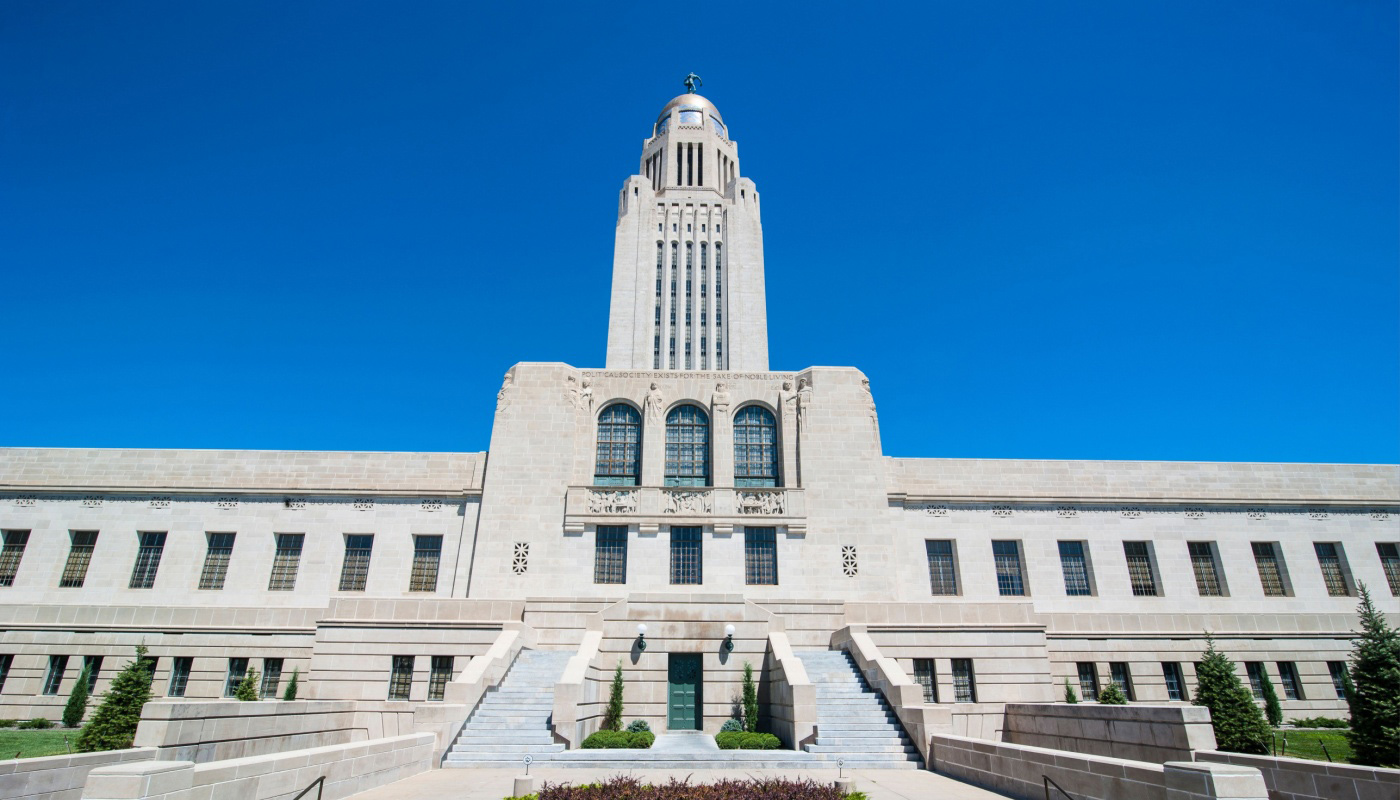
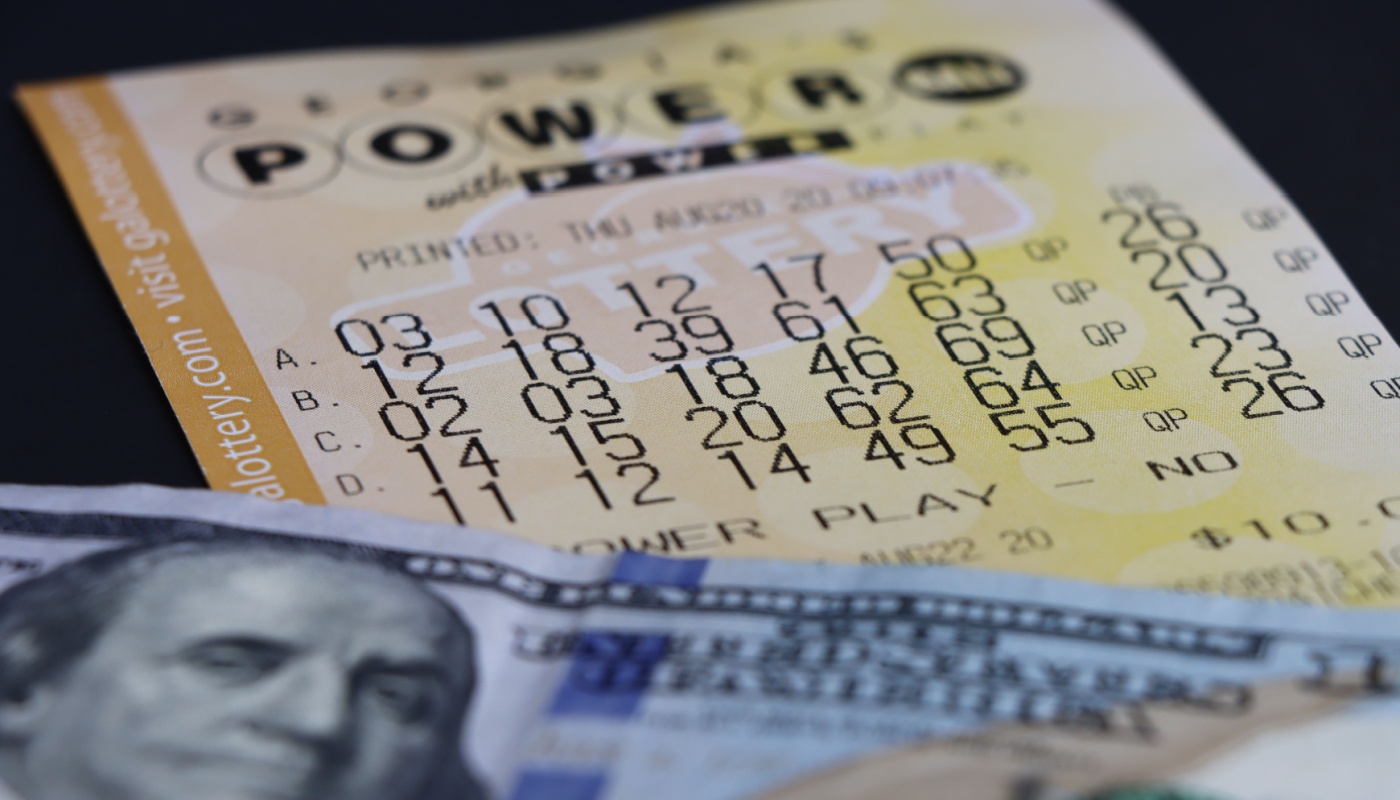

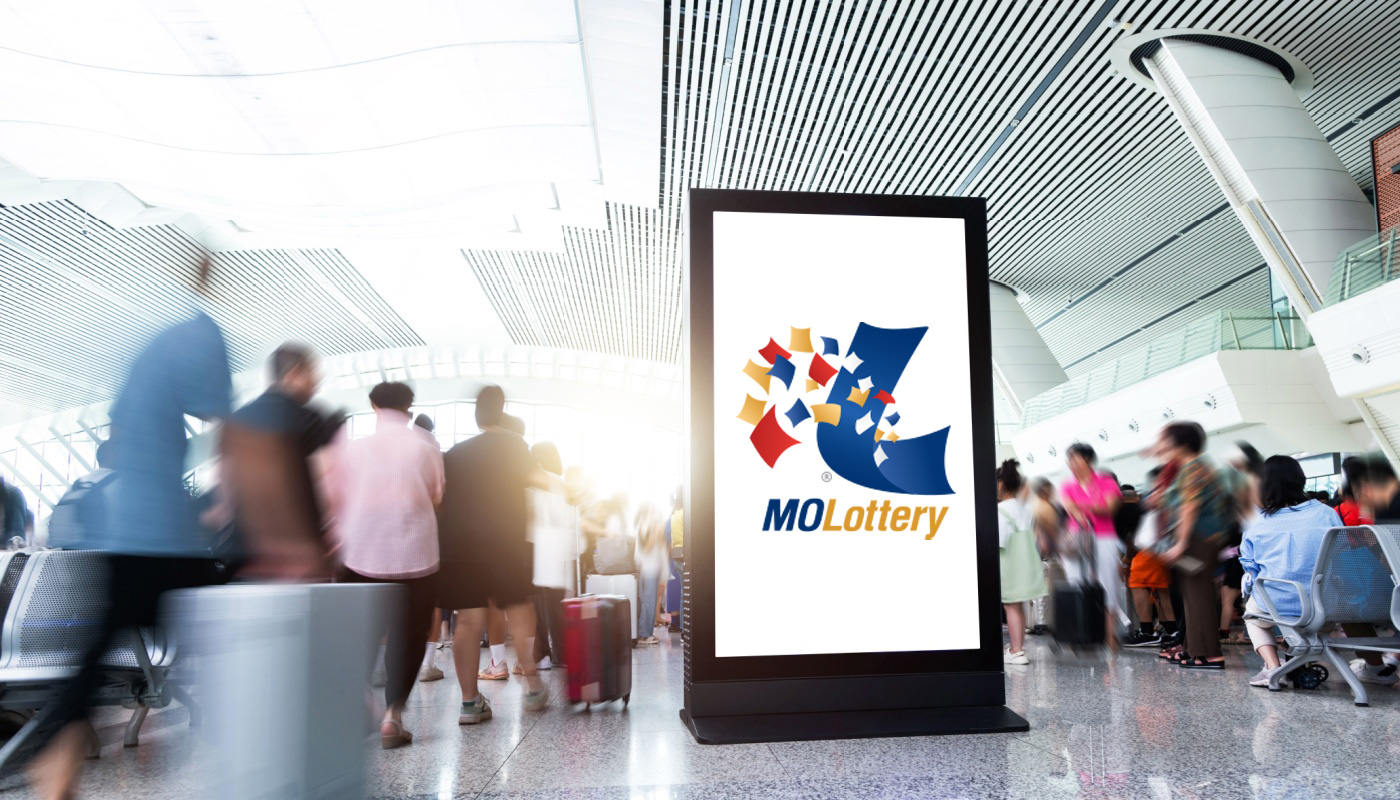

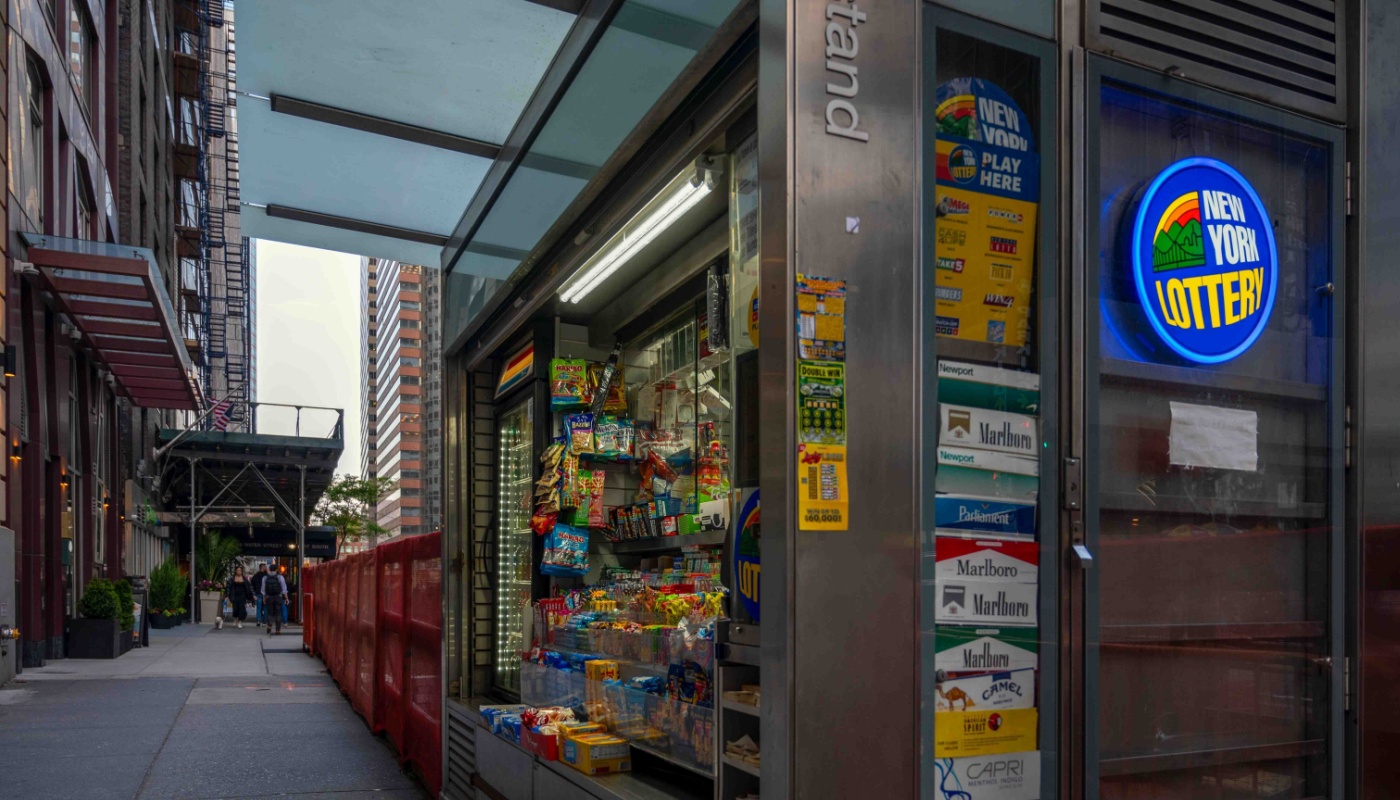
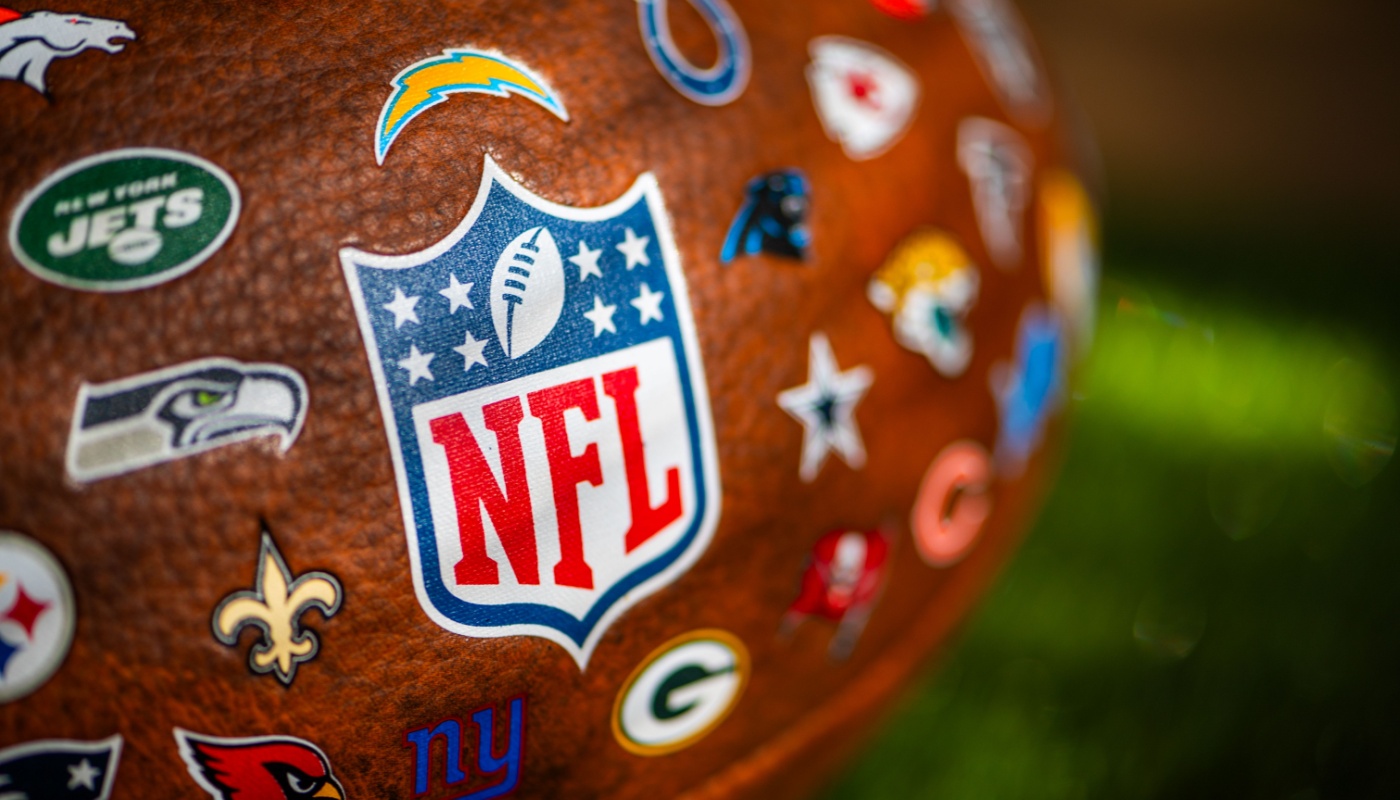









Comments